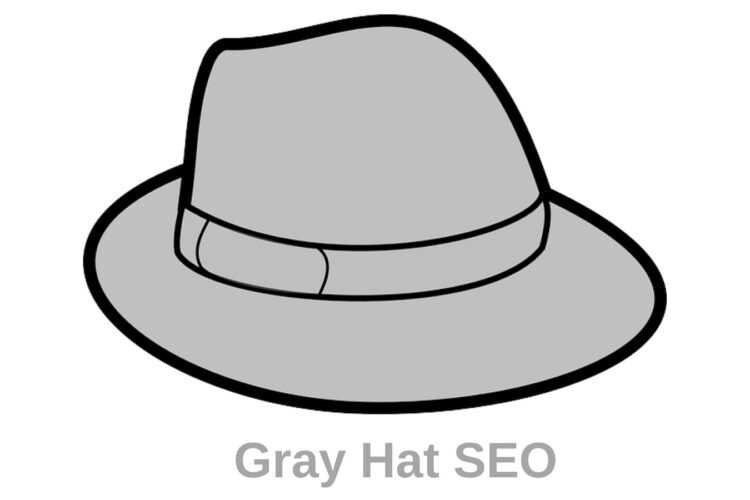
Your marketing strategy should be built around great content:
Content marketing is becoming increasingly popular because it has such great benefits for businesses. If done right, it can generate leads, boost visibility, and build a positive image, relationship, and brand for your business.
Many of the marketing approaches you use already integrate content marketing into them. Be it search engine optimization (SEO), social media marketing, inbound marketing, pay-per-click (PPC) or PR – content marketing is often an element of these strategies or essential to their success.
An effective content marketing campaign will either succeed or fail depending on one main factor: the quality of the content itself.
The nature of content marketing is complex; you want to reach your audience with the right piece of content at the right moment to start engaging with them or to nurture your relationship already in place.
Most businesses, however, have a hard time approaching content marketing from a strategic point of view. some of companies using this approach have a documented strategy.
The most effective way to manage this complex beast and achieve your overall business goals is to know the four main purposes content serves.
PURPOSES OF CONTENT MARKETING
The purpose of content marketing is to create relationships with your prospects, existing customers, and stakeholders. Both the format and the intent of content you create can have very different effects on your audience.
Content Marketing Matrix is a Google leadership and digital marketing course that provides an interesting content marketing framework. The matrix illustrates the four main functions of content.
According to where your buyer personas are in the funnel, the content you create should either entertain, educate, inspire or convince them. The purpose of your content is to provide your audience with exactly what is required for them at a specific moment in their buyer’s journey – if you miss out on one of these purposes, you will miss out on potential customers’ needs, which otherwise would have added value for them and helped you build relationship with them.
The content you create for your audience should address their rational and emotional needs and interests, so they are engaged from the very first moment that they come into contact with your brand to the very moment of purchasing from you.
But content marketing doesn’t stop there – it also aims to keep these relationships going by converting them into brand advocates and delighting them after their purchase.
Different types of content can be used to meet each of these four purposes.
1.Providing entertainment
Using content marketing, you can entertain your audience and engage them in your brand. The purpose of this type of advertising is primarily based on triggering an emotional response, and is especially suited to reach people who have yet to hear about your brand or haven’t identified your product or service as a solution to a problem they are facing. A brand’s loyalty will be greatly increased by emotional content since it is more likely to generate a deeper connection with your audience.
Entertainment formats to engage your audience include branded videos, quizzes, games, competitions, and viral campaigns (the latter, of course, can be challenging but extremely effective if achieved).
A good example of entertaining content is video created by Mountain Dew. It does not showcase their main product directly but addresses interests of customers and audiences that are linked to their brand such as adventure, adrenaline, and extreme sports.
2.Motivate
Motivating content reaches your audience on an emotional level, but focuses on people further down the purchase funnel. This type of content, such as widgets, brand-sponsored forums, celebrity endorsements or reviews and ratings, is designed to push your audience to make a purchasing decision while evoking an emotional response in them.
3.Provide education
The type of product you sell and the interests and needs of your buyer personas can influence how important educational content is for your content marketing strategy. Your content should be less emotional than entertainment and focus on assisting your audience with challenges they might be facing.
Information graphics, eBooks, press releases, whitepapers, guides, and trend reports fit into this category. Since these are typically at the beginning of your funnel, they must help your audience identify their problems and suggest possible solutions, one of which is the product or service you are offering.
4.Inspire conviction
Content aimed at convincing your buyer personas will give them that final push they need to convert. Demo videos, events, and webinars are content types that target your prospects at the middle of their buyers journey, while case studies and price guides are typically at the decision stage.
This category, instead of inspiring your buyers through inspiration, addresses their rational interests and interests through facts and figures.




